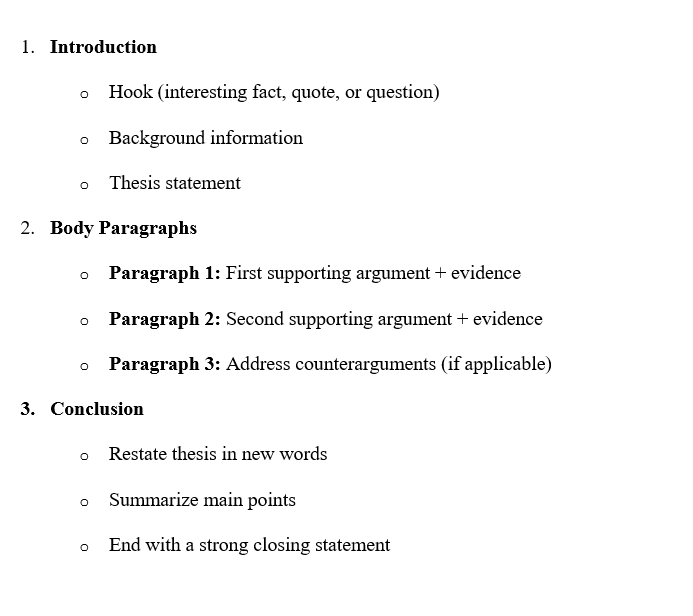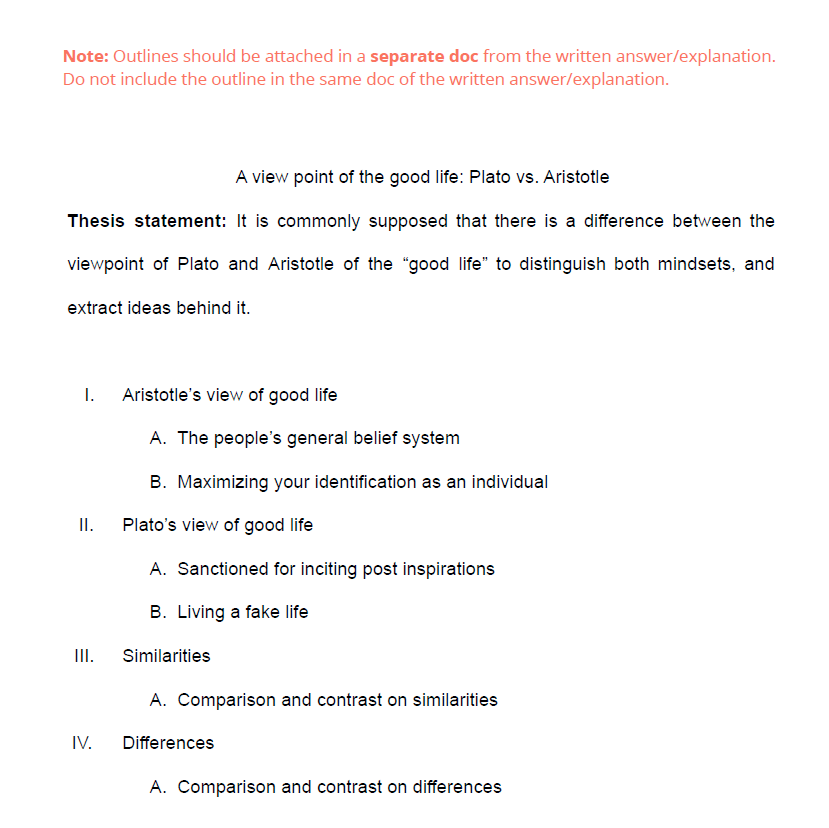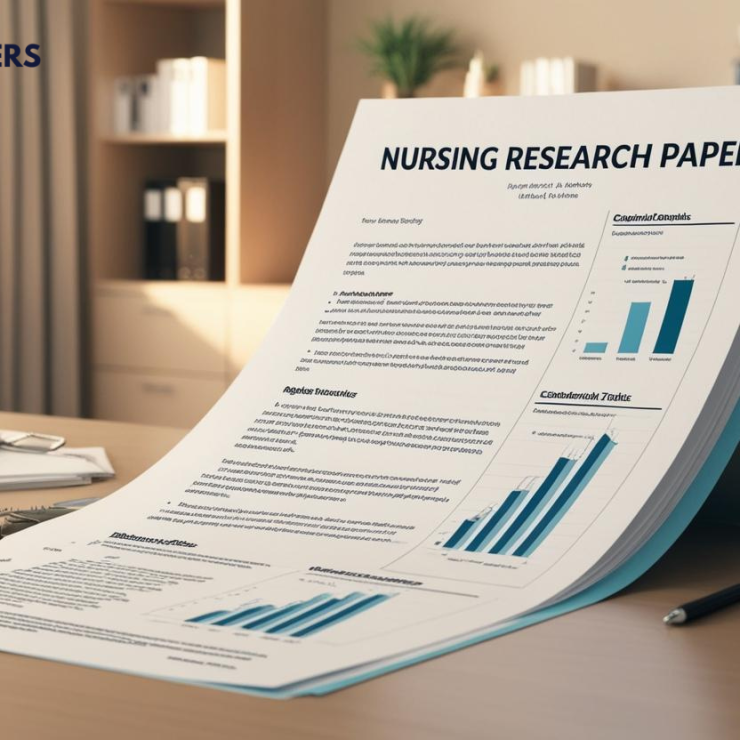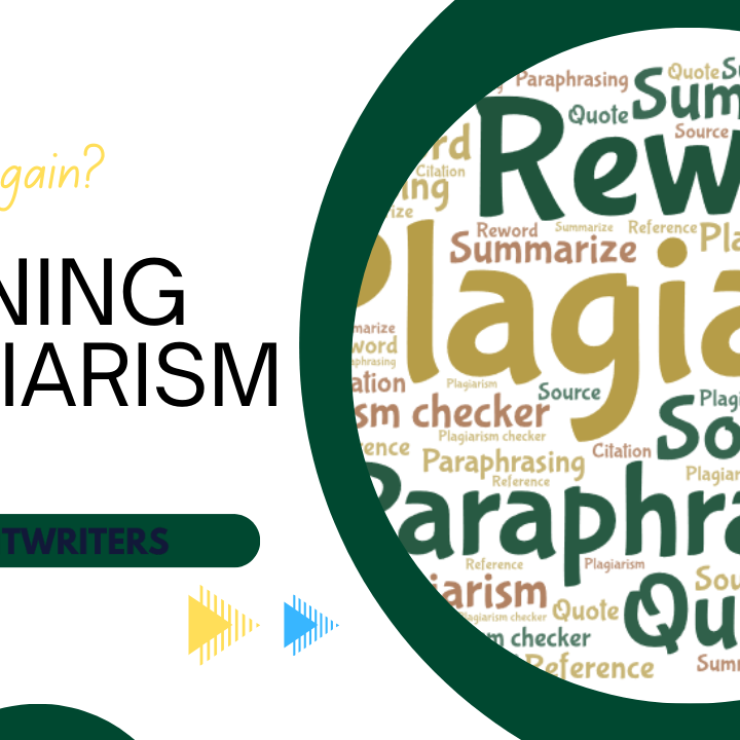Essay writing is a fundamental skill for academic success. Whether you are working on a perfect essay (research paper, persuasive essay, or literary analysis), mastering the writing process will improve your grades and confidence. However, many students struggle with structuring their essays, using proper research, and meeting formatting guidelines.
This guide will take you through the step-by-step process of writing a perfect essay. You will learn how to understand the assignment, conduct research, create an outline, write a compelling thesis statement, and refine your paper through editing and proofreading.
Step 1: Understanding the Assignment
Before you start writing, make sure you fully understand the assignment. Misinterpreting instructions can lead to wasted effort and a lower grade.
Analyzing the Prompt
- Read the instructions carefully. Identify the type of essay required (argumentative, narrative, expository, etc.).
- Highlight key terms in the prompt to understand the expectations.
- Determine if you need to compare, analyze, or argue a point.
Identifying Key Requirements
- Word Count: Follow the required length to avoid penalties.
- Formatting Style: Use the correct citation style (APA, MLA, Chicago, Havard, Oscola, etc).
- Sources: Check if you need scholarly sources, personal analysis, or both.
Asking for Clarification
If you are unsure about any part of the assignment, ask your professor. It is better to clarify early than to revise an entire essay later.
Step 2: Researching and Gathering Information
Strong research strengthens your argument and adds credibility to your essay. However, not all sources are reliable.
Finding Credible Sources
- Use Google Scholar, JSTOR, and university library databases to find academic papers.
- Look for books, journal articles, and reputable websites (ending in .edu,.org or .gov).
- Avoid Wikipedia as a source, but use it to find references.
Using Online Databases and Library Resources
Most universities provide free access to research materials. Take advantage of these databases to find peer-reviewed articles and reliable studies.
Taking Structured Notes
- Summarize key points instead of copying text directly.
- Use color-coded notes for different sections of your essay.
- Record citation details to avoid plagiarism.
By gathering relevant information before you begin writing, you will save time and create a more compelling essay.
Step 3: Creating a Strong Thesis Statement
Your thesis statement is the foundation of your essay. It defines your main argument and guides the reader through your paper.
Definition and Purpose of a Thesis Statement
A thesis statement is a concise sentence that expresses your essay’s main argument. It should be clear, specific, and debatable.
Examples of Strong vs. Weak Thesis Statements
✅ Strong Thesis: “Social media negatively impacts mental health by increasing anxiety, reducing self-esteem, and fostering addiction.”
❌ Weak Thesis: “Social media can be good or bad.” (Too vague and lacks direction)
Your thesis should be strong enough to guide your entire essay while remaining focused on a single argument.
Step 4: Outlining Your Essay
A well-structured outline ensures a logical flow of ideas.
Benefits of an Outline
- Prevents disorganized thoughts.
- Helps maintain a logical sequence of arguments.
- Saves time during the writing phase.
Sample Essay Outline
Sample 1

Sample 2

An outline serves as a roadmap, helping you stay on track and ensuring your ideas connect smoothly.
Step 5: Writing the First Draft
Now that you have an outline, it is time to start writing.
Writing an Engaging Introduction
- Begin with a hook – a compelling fact, statistic, or question.
- Provide context – explain why the topic matters.
- End with a thesis statement – clearly state your argument.
Developing Strong Body Paragraphs
Each body paragraph should follow this structure:
- Topic Sentence – introduces the paragraph’s main idea.
- Supporting Evidence – facts, quotes, or examples.
- Explanation – show how the evidence supports your thesis.
- Transition Sentence – smoothly lead into the next point.
Writing a Strong Conclusion
- Restate the thesis in different words.
- Summarize the main arguments of your essay.
- End with a powerful statement that leaves a lasting impression.
Step 6: Editing and Proofreading
Your first draft will not be perfect, so take time to revise.
- Ensure each paragraph flows logically into the next.
- Remove repetitive or irrelevant information.
- Use tools like Grammarly to catch mistakes. However, do not rely solely on them—manually proofreading is essential.
- Use tools such as turnitin and copyscape to check for plagiarism rates.

Step 7: Formatting and Citations
Proper formatting enhances your paper’s professionalism.
Overview of Citation Styles
- APA (American Psychological Association) – common in social sciences.
- MLA (Modern Language Association) – used in humanities and literature.
- Chicago Style – often required for history and fine arts papers.
Common Citation Mistakes to Avoid
- Forgetting to cite sources
- Incorrect formatting
- Using unreliable sources
Proper citations help you avoid plagiarism and demonstrate academic integrity.
Conclusion
Writing a perfect essay requires careful planning, strong research, and meticulous editing. By following this step-by-step guide, you will improve your writing skills and produce high-quality essays.
However, if you ever need expert guidance, MeritWriters is here to help. Our professional writers can craft well-researched and properly formatted essays tailored to your needs. Don’t struggle alone—place your order today!
FAQs
1. How do I start writing an essay?
Begin by understanding the prompt, conducting research, and creating an outline before drafting your introduction.
2. How long should an essay be?
It depends on the assignment requirements. Standard essays range from 500 to 2000 words.
3. What makes a strong thesis statement?
A strong thesis is clear, specific, and debatable. It should express your main argument in one sentence.
4. How can I improve my writing skills?
Practice regularly, read well-written essays, and seek feedback from teachers or writing services like MeritWriters group.
5. Can someone help me write my essay?
Yes! MeritWriters provides expert essay writing services to help students achieve academic success.
Need professional essay writing help? Contact us today and get a high-quality, custom-written essay!




